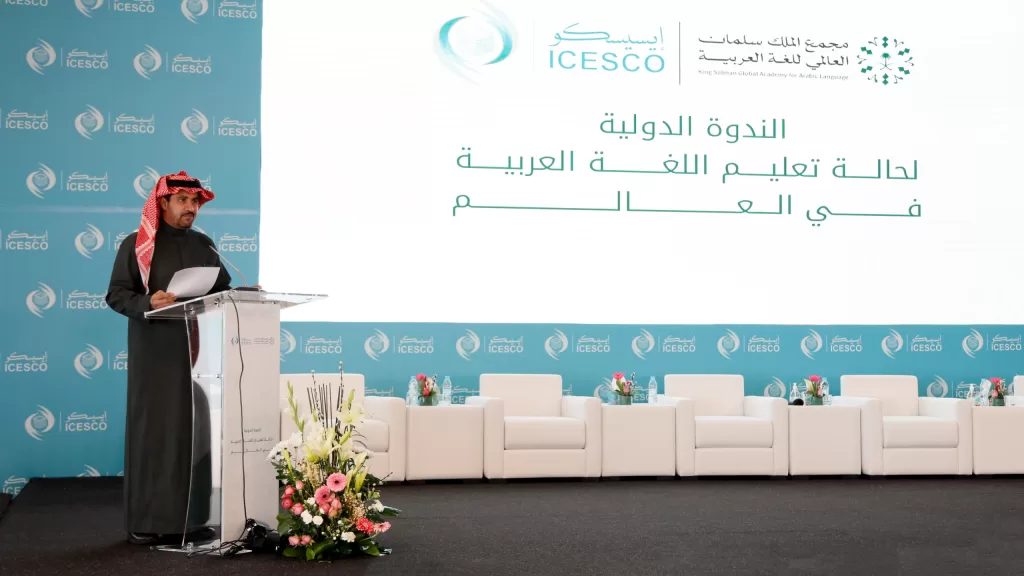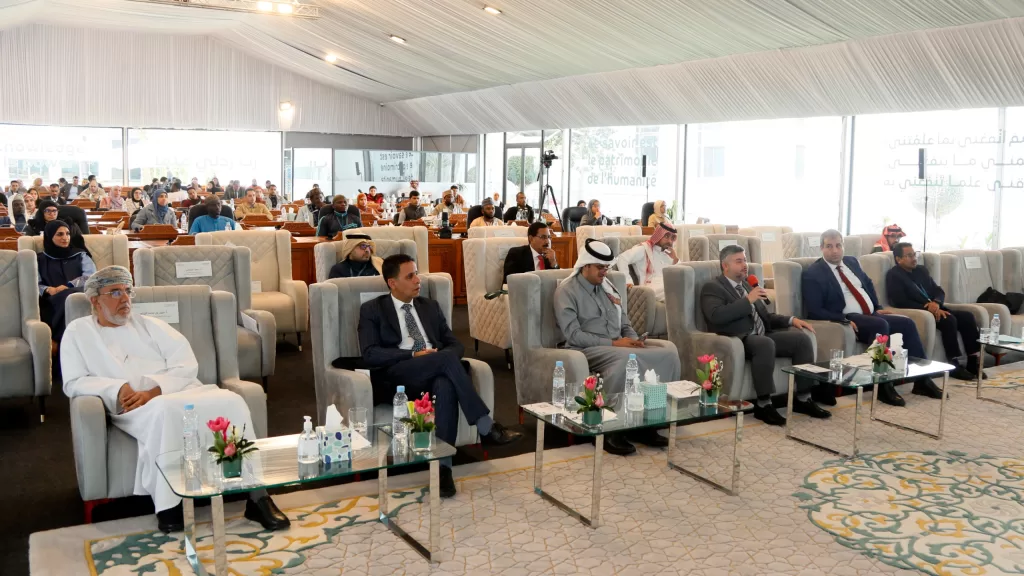
Enhancing the Global Status of the Arabic Language: Key Recommendations from “The Status of Arabic Language Education in the World” Conference

20 February 2025
Following two days of insightful scientific sessions and discussions on the future and standards of teaching Arabic as a second language, participants in the international conference, held under the same title as the report “Status of Arabic Language Education in the World,” announced a set of recommendations to address challenges in teaching Arabic as a second language. These recommendations aim to provide practical solutions for developing educational policies in the field. The conference was organized by the Islamic World Educational, Scientific, and Cultural Organization (ICESCO) in partnership with the King Salman Global Academy for Arabic Language (KSGAAL) at ICESCO’s headquarters in Rabat on February 18–19, 2025.
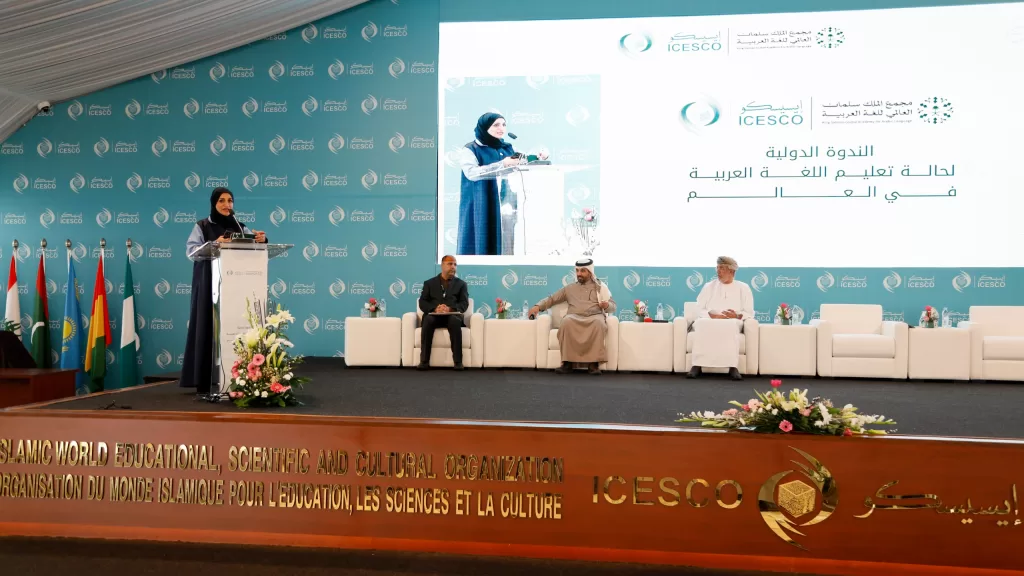
The recommendations highlighted the efforts of ICESCO and the Academy in advancing the Arabic language, knowledge, and culture. They also praised the “Status of Arabic Language Education in the World” report, its findings, and the methodologies used for data collection, analysis, and dissemination. The report provided a comprehensive analysis of Arabic language education in more than 300 educational institutions across 30 non-Arabic-speaking countries. The recommendations further emphasized the anticipated positive impact of the report in promoting Arabic language learning and the importance of ensuring that its outcomes reach relevant stakeholders.
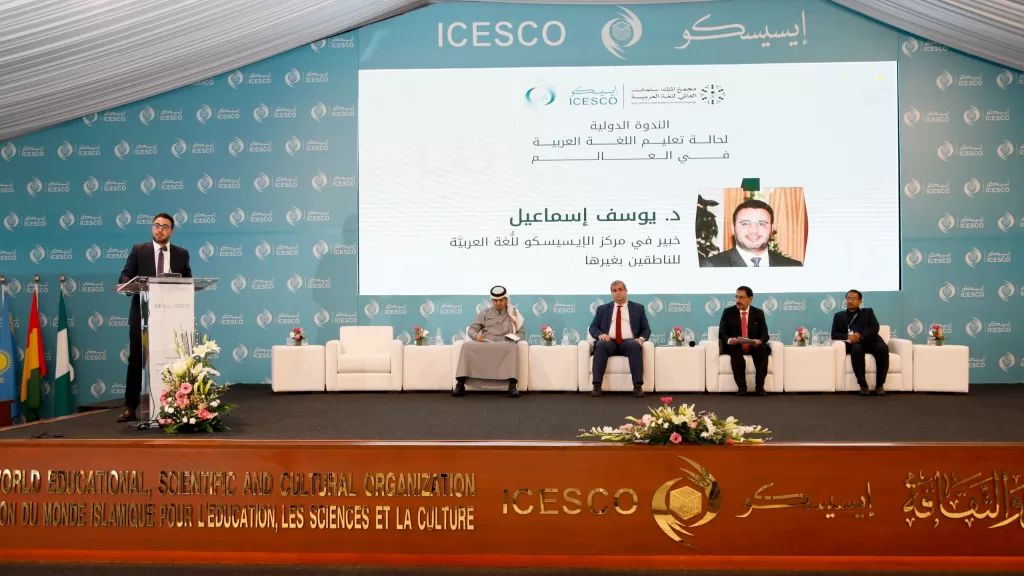
The recommendations, which emerged from seven discussion sessions held over two days, also called on ICESCO Member States to strengthen their language policies and their implementation and underscored the need for greater institutional collaboration, better management of human resources to create a supportive environment for teachers, and the importance of specialized workshops and seminars. Additionally, they highlighted the importance of academic exchange programs between language education institutions.
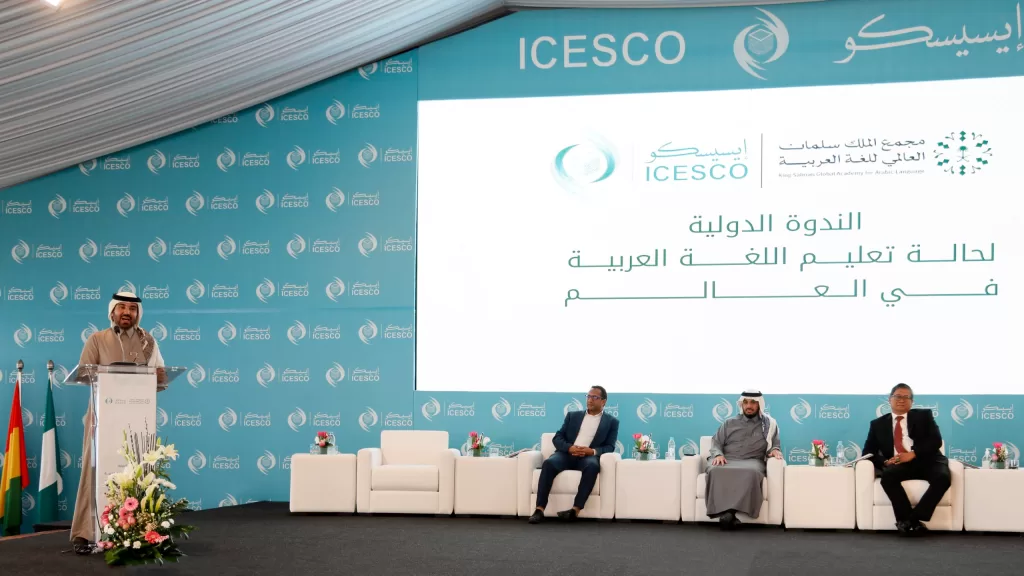
Furthermore, the recommendations, which were formulated by 50 experts, specialists, and representatives from regional and international linguistic institutions, stressed the necessity of expanding financial support to empower institutions working in Arabic language education. They also advocated for the development of language education policies that align with learners’ needs and objectives, the attraction of more Arabic language learners, and the design of curricula that account for the linguistic and cultural diversity of students.
